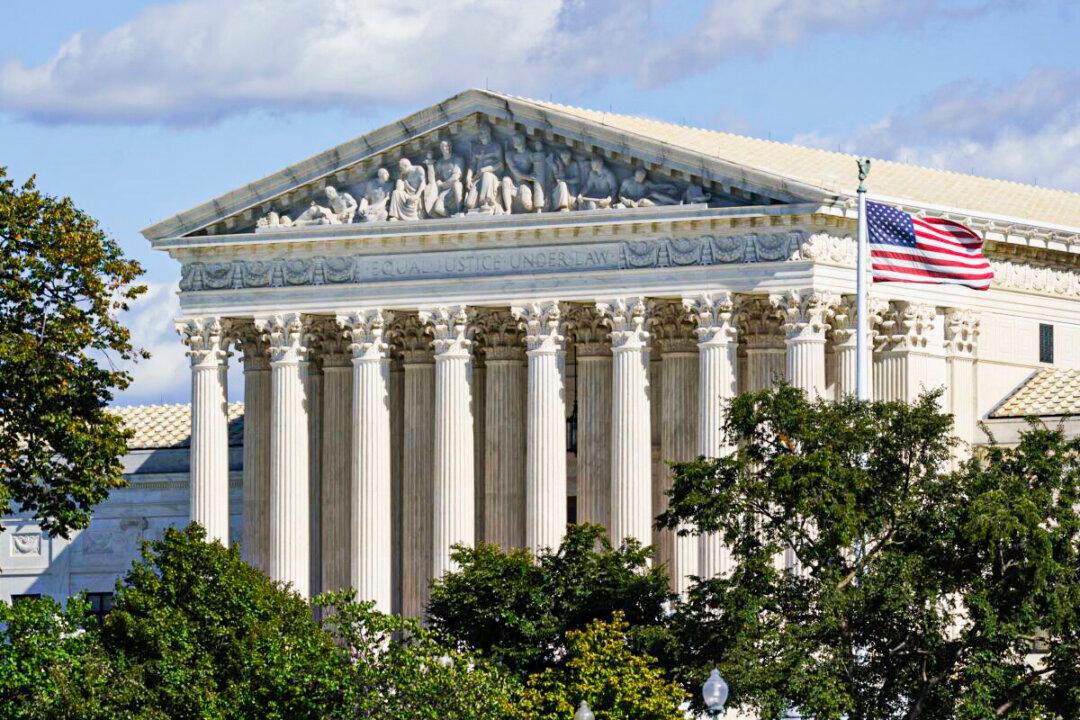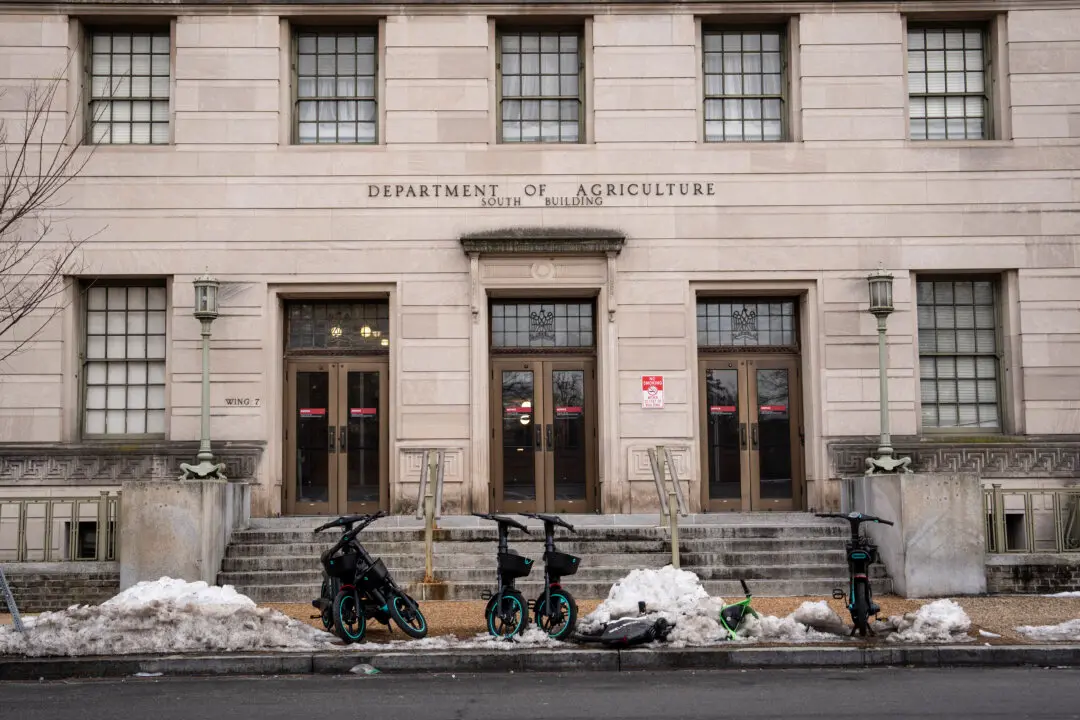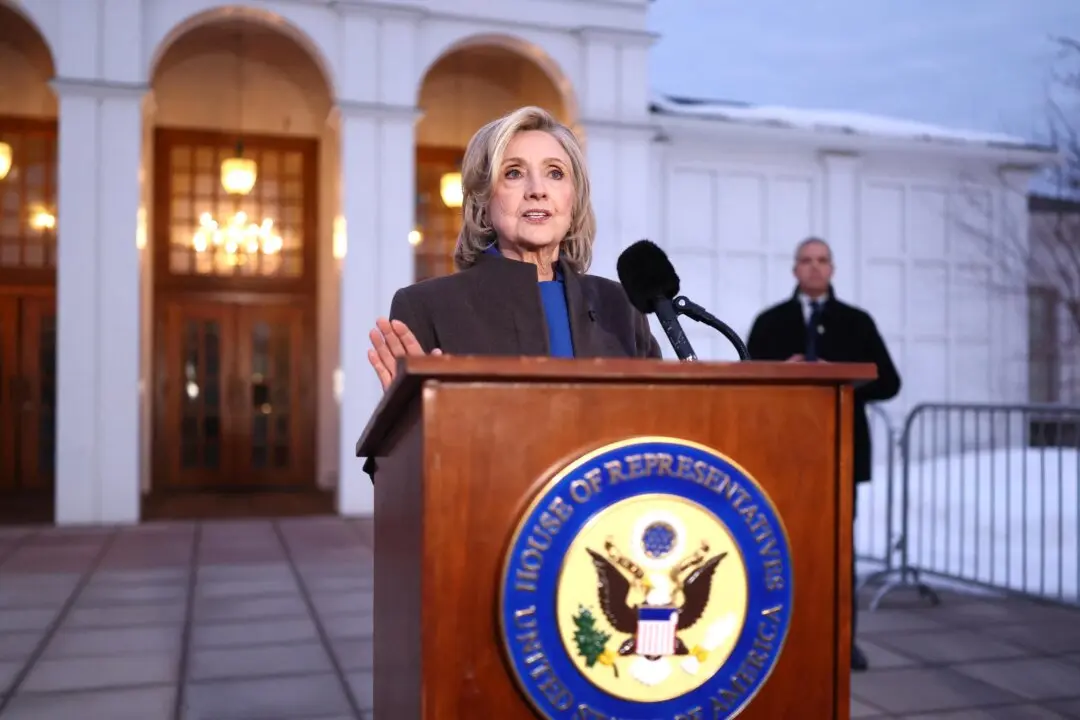President Joe Biden’s commission to examine potential changes to the Supreme Court on Tuesday said they would not endorse adding seats to the nation’s top court.
The 34-member commission said in a draft final report (pdf) that it “takes no position on the validity or strength” of arguments by opponents and supporters of proposals to expand the court, adding that “there is profound disagreement among commissioners on these issues.”





